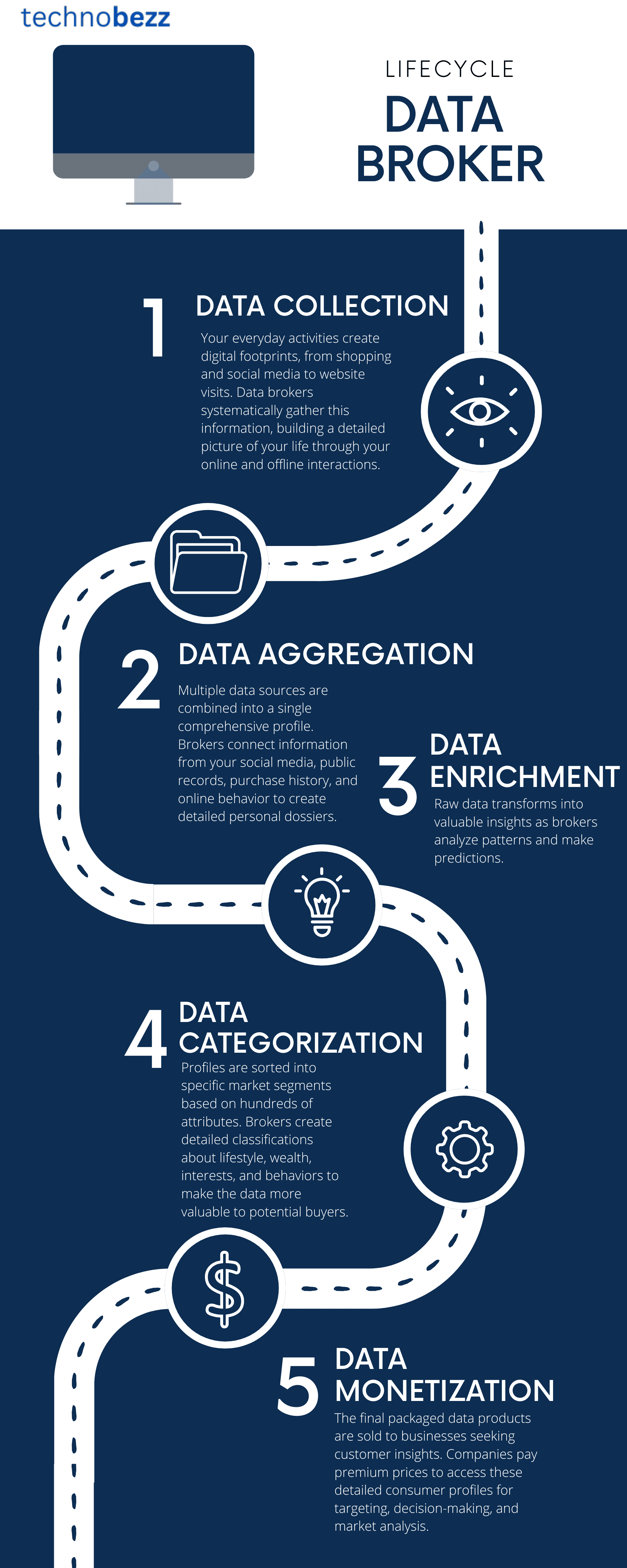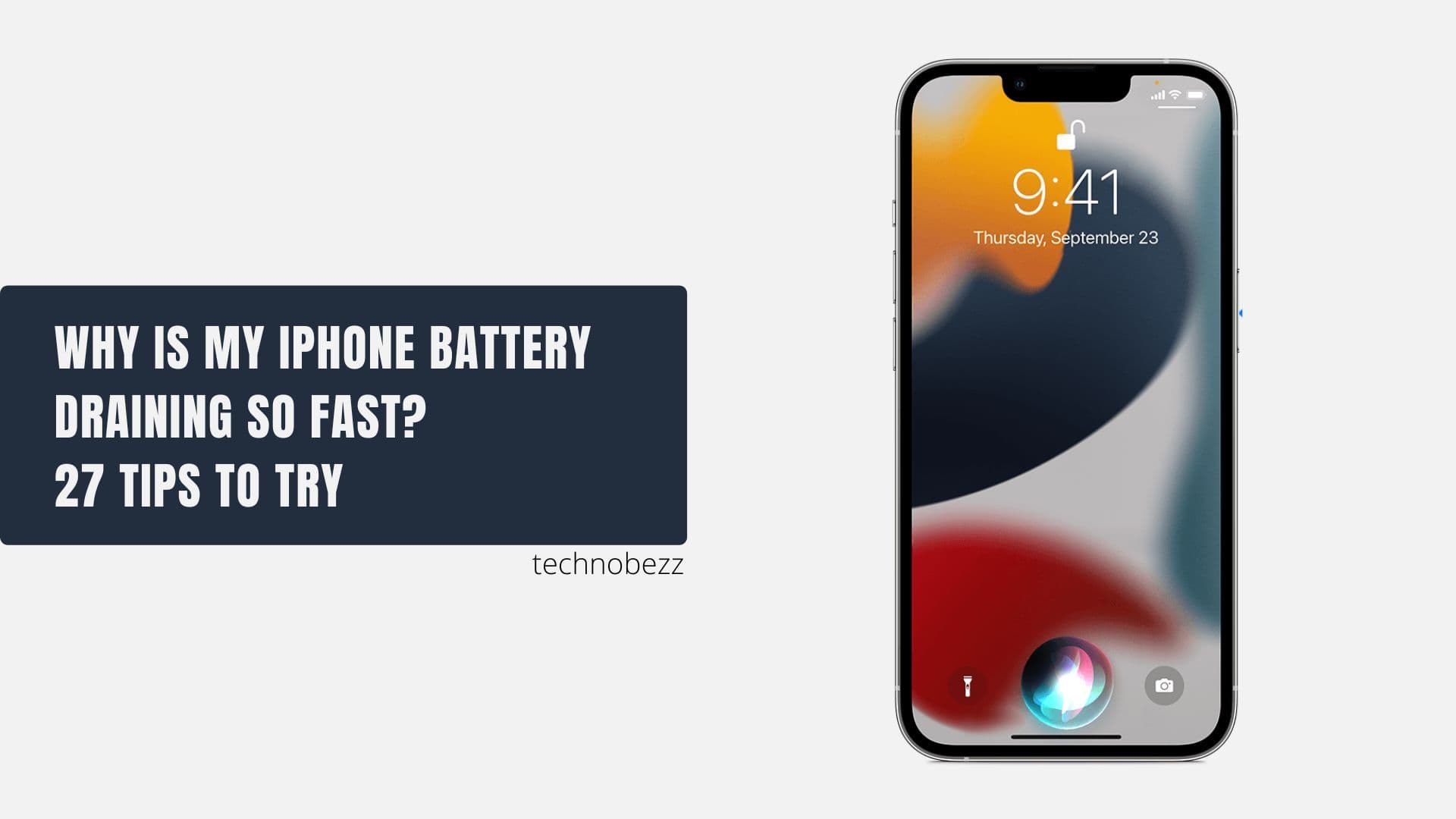How Data Brokers Are Selling Your Personal Information—And The 5 Tools You Need To Stop Them

Data brokers make money by collecting and selling your personal details. They find your information from social media, public records, apps, loyalty cards, and online searches.
They then package these details and sell them to advertisers, insurance companies, and others who want to know your habits, interests, or financial history. Even if you never agreed to it, your data can spread far without you knowing.
Why They Have Your Data
Data brokers gather your name, email, home address, phone number, job history, and more. They collect this data from many sources, including social media profiles, online surveys, warranty registrations, and public documents. Many of these sources never clearly tell you they are sharing your information, so it happens silently in the background.
Mastercard was caught in 2023 selling cardholders' spending data to marketers, letting them build detailed profiles of customers' purchasing habits without explicit consent.
We also wrote on - Protect Your Digital Life From 2025's Biggest Threats
How They Profit
Once they have your details, these brokers organize it into profiles and sell it to companies. Advertisers pay to aim their ads at certain groups of people. Insurance providers might check your background before offering a policy. Anyone willing to pay can get a snapshot of your life. This raises privacy concerns and can lead to spam, targeted scams, or unfair pricing.
Data brokers Gravy Analytics and Mobilewalla faced FTC action for tracking and selling people's sensitive location data – including visits to healthcare facilities and places of worship – all without user knowledge.

What You Can Do About It
Most data brokers let you opt out, but it’s not always easy. Finding their websites, filling out forms, and verifying your identity can take a lot of time. Also, they might re-add your information later if they find it again
To speed things up, you can use automated services. If you prefer the manual route, consider checking a reliable list of data broker opt-out pages, like this resource: Data broker opt-out (A – Z) (Free - Incogni)
5 Tools to Help Protect Your Data
If you want a tool that covers a wide range of data brokers and keeps up with new listings, consider Incogni. It streamlines the process, sending removal requests on your behalf, and checks back so you stay protected as new threats appear.
Incogni
Works with over 180 data brokers - more than other services right now. Costs $7.49/month if you pay yearly ($14.98 monthly). Checks and removes your info every 10 days. Includes both public and hidden broker databases. You can add up to 4 family members for $16.49/month. They've already cleaned up over 30 million pieces of personal data.
DeleteMe
Shows you what they've removed in clear reports. Handles all the talks with data brokers and keeps you updated. Costs about $129/year per person. They've been around a while and know what they're doing.
OneRep
Cleans up what people find when they search your name. Takes care of both search results and people-search sites. Costs around $180/year. Good if you care most about what shows up in Google.
Kanary
Going up to $16.99/month in 2024 (or $179.88/year). Keeps checking for new records without you doing anything. Half price for family members. They just added more sites they watch and work hard to beat new broker tricks.
PrivacyBee
Uses a simple dashboard to show which companies have your info. Sends out removal requests and lets you track progress. Costs about $197/year.
What these tools help stop
- Spam calls and junk mail
- ID theft and scams
- Higher insurance rates
- Job search problems
- Stalking and harassment
They all do similar work, but key things like price and number of data brokers they cover might help you pick. Right now, Incogni seems to hit more brokers than others, while Kanary and DeleteMe have been in the game longer.
Pick based on what fits your needs and budget. They all help keep your info safer - it's just about finding the right fit for you.
We also wrote on - Everything Google Knows About You (And How to Stop It).
Choose the Right Tools for Peace of Mind
Use a separate email address for sign-ups. Read the fine print before sharing personal data. Consider using a reliable VPN like Surfshark to mask your browsing activity. Update privacy settings on social media. Think twice before posting sensitive details online. Even simple steps can stop some of your data from getting into these databases.
Data brokers rely on you not paying attention. Understanding how they work and taking steps to remove your information can reduce unwanted ads, limit exposure to scams, and give you more control over your privacy.
By using the right tools and changing how you share information, you can make it harder for them to profit from your life story.
Also Read

Lenovo Debuts Solar-Charging Laptop That Turns 20 Minutes of Sunlight Into Hour of Video

Ottocast Car TV Mate Max Review – A Versatile In-Car Entertainment Adapter

iPhone Battery Dying In Minutes? 23 Real Fixes That Work

Ottocast Play2Video Pro Ups the Game in Affordable Car Entertainment

Ottocast OttoAibox P3 Powers a Smarter Driving Experience








